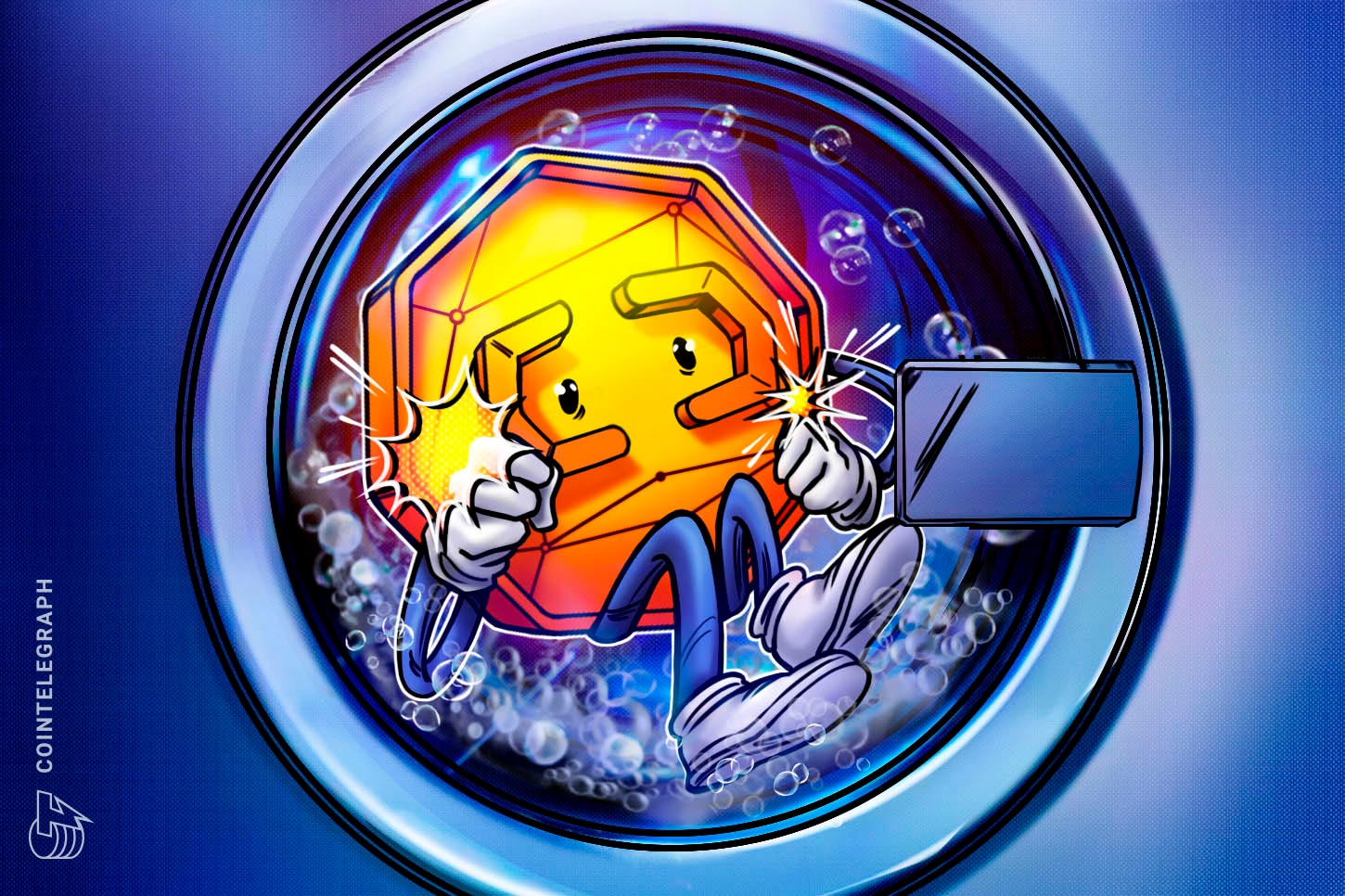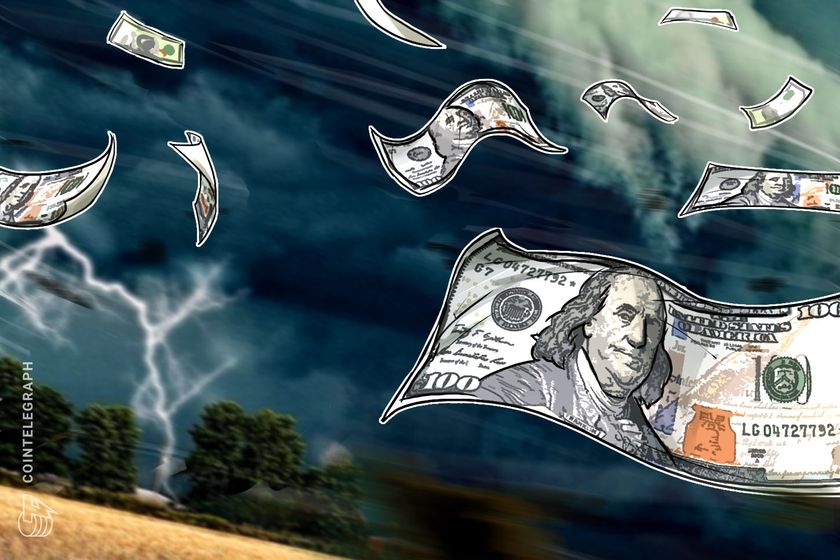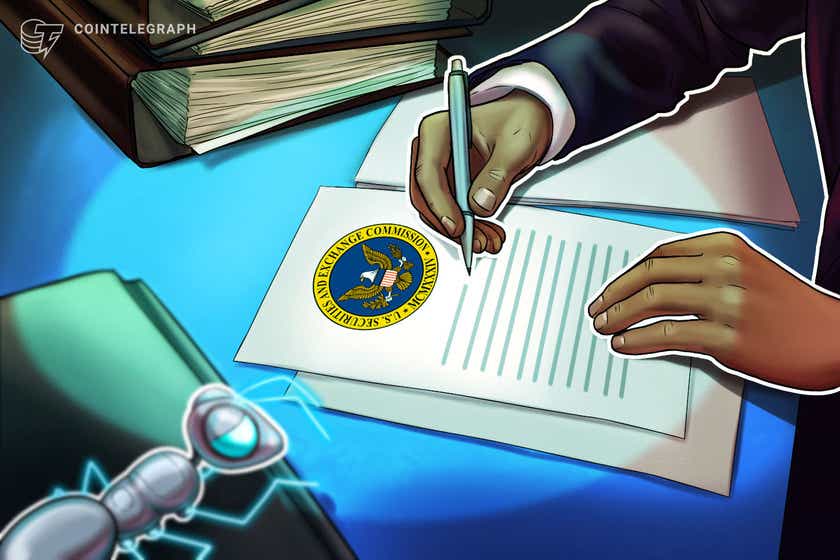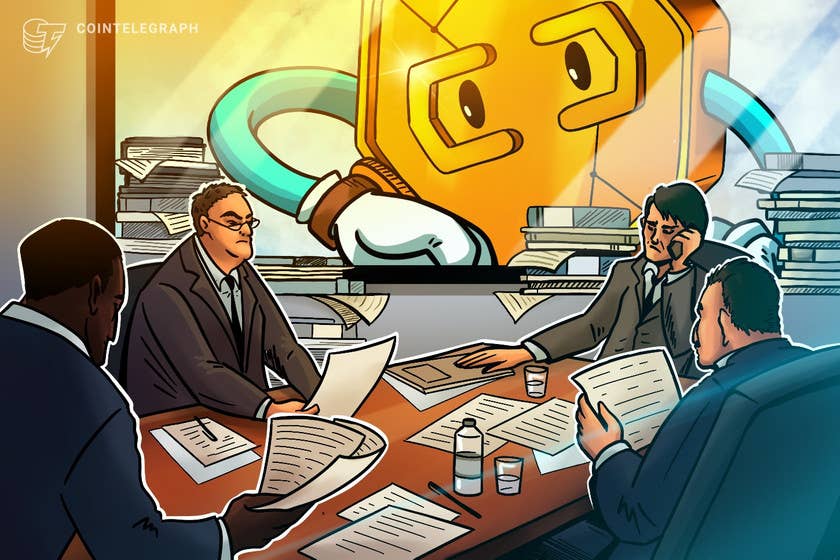Major uranium producer Uranium One and distributed ledger technology (DLT) startup Insolar have teamed up to explore blockchain’s capabilities in uranium and energy trading.
The partnership will focus on the improvement of the production and distribution of uranium, as multi-party deals in the industry are still conducted “using paper and pencil with non-standard contracts that cross borders and require tedious legal review.”
Both Uranium One and Insolar believe that the integration of blockchain into uranium producers’ internal processes could make uranium supply chains more transparent. Uranium One expects that blockchain will enhance security, compliance and reliability in the sector.
Insolar told Cointelegraph that the parties have been discussing a pilot program for the project and hope to launch the pilot later this year, although it may take more than a year for the full launch of the project.
Bringing blockchain into over-the-counter markets
Apart from that, Insolar is going to further research blockchain applications in non-exchange-traded commodities markets such as iron ore. The company projects that its DLT-based platform could cut the over-the-counter (OTC) deal cycle from months to weeks and reduce transaction costs by 40%, or billions of dollars per year.
Global OTC market trading volume is ostensibly more than $380 billion per year, and Insolar estimates that up to 3% of that is currently being spent on overhead and other transaction-related costs. Elaborating further on the matter, Insolar said:
“In trading of over-the-counter commodities such as uranium, the contracts and negotiating process is extremely complex involving at least 6 parties (the miner, the converter, the power generation customer and their respective banks). This means considerable resources to negotiate and sign contracts; Insolar estimates that it could cost up to $50,000 per deal.”
By implementing blockchain in the OTC commodity markets, Insolar aims to resolve two major problems the sector faces. The first is that transactions are slow and costly, and involve multiple participants, which ostensibly leads to scattered communication and multiple reconciliations among involved parties.
The second problem lies in the lack of a transparent pricing mechanism as most pricing is quoted by third-party agencies. “There is no assurance in the accuracy and completeness of the input data, in fact it is a black box in most markets. The sector badly needs a system that is able to collect transaction data from all participants and provide spot and forecast prices without exposing the details of individual transactions,” Insolar explained.
Insolar outlined the need for parties to have a decentralized system where no single party exercises control, adding:
“In the proposed system, parties interact within the platform to transact securely and seamlessly. Data from the trades is used to set a transparent spot market price and reliable forecasts without revealing the exact figures and sums of particular transactions. Smart contracts are applied to the data in the distributed ledger, improving automation of the deal signing process and guaranteeing that the deal follows the pre-agreed process.”
Blockchain finds traction in mineral supply chains
Other industry players have also explored blockchain’s capabilities to cut out third parties and save both money and time on deals in the minerals trading sector. A recent partnership between IBM and metals and mining industry-focused blockchain firm MineHub Technologies will develop a blockchain-based solution to streamline supply chain management in the mining and metals industry.
By digitizing the supply chain through the creation of a ledger shared between permissioned participants, both companies can ensure an aggregated, real-time view of transactions and data flow throughout the supply chain.
Blockchain-based digital trading platform Tradewind Markets also launched a digital tool that provides supply chain provenance to buyers and sellers of precious metals last November.









